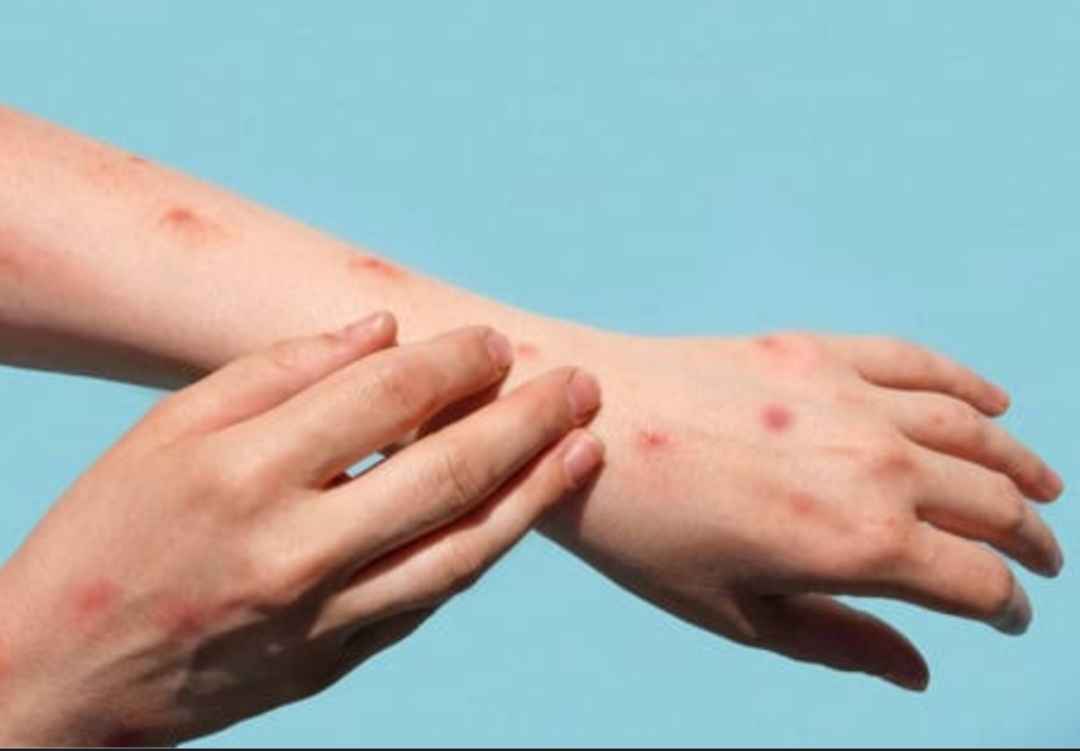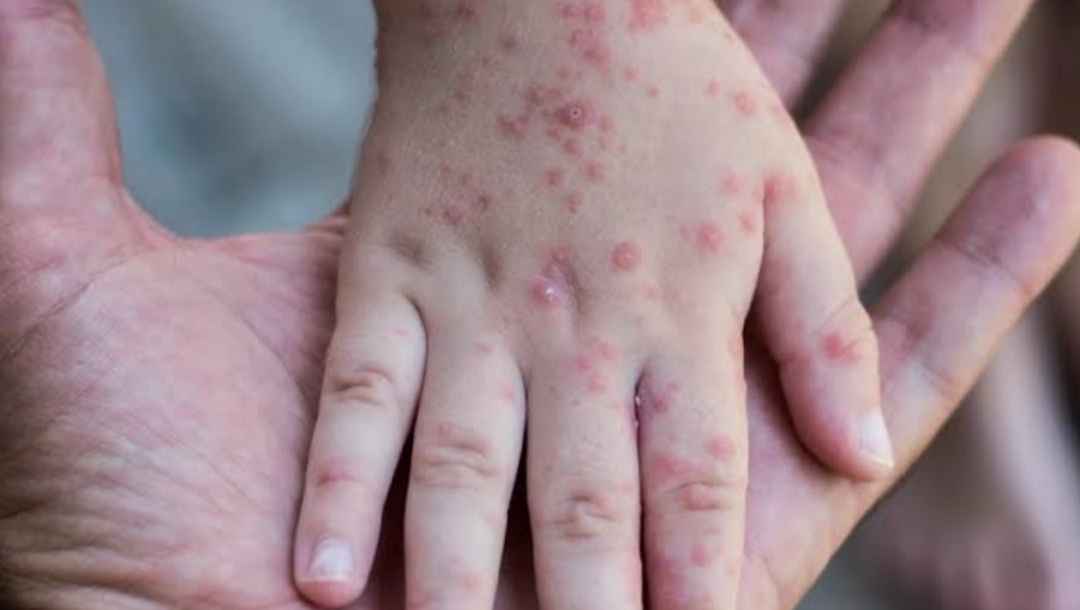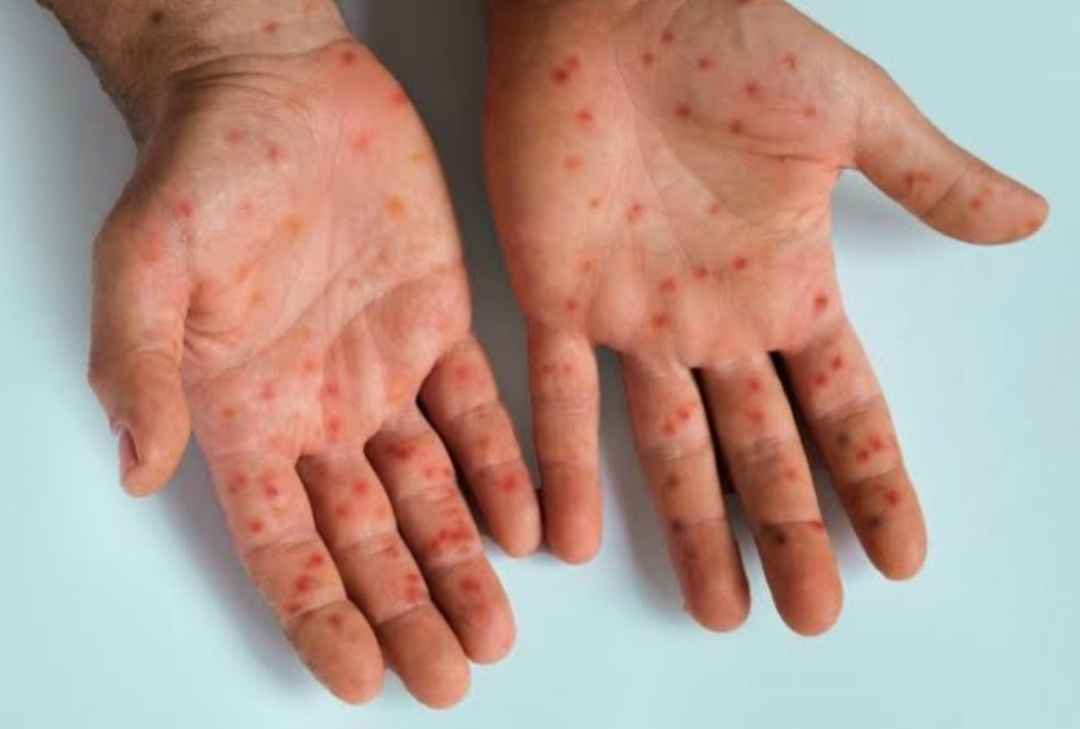The World Health Organization (WHO) has once again declared mpox, previously known as monkeypox, as an international health emergency. This decision comes in response to a rapidly growing outbreak in Africa, where the virus has surged to alarming levels. With over 15,000 suspected and confirmed cases and 537 deaths recorded so far this year, the situation has exceeded the total toll of 2023, raising global concerns about the potential for further spread and impact.
A Renewed Global Health Crisis
Mpox first captured worldwide attention two years ago when outbreaks were reported in several non-endemic countries, particularly in Europe and North America. The virus, which had primarily been confined to parts of Central and West Africa for decades, suddenly appeared in regions where it had never been seen before, triggering widespread fear and urgency among global health authorities.
While the initial international response helped contain the spread in non-endemic areas, the virus never truly left Africa. In fact, it has continued to thrive, particularly in the Democratic Republic of Congo (DRC), where it has been endemic for decades. The current resurgence of mpox in Africa is a stark reminder that global health emergencies do not end when the headlines fade. The virus has continued to wreak havoc in regions with limited resources and inadequate healthcare infrastructure, where public health responses are often underfunded and understaffed.
The Current Outbreak: A Grim Reality

The WHO’s renewed declaration comes at a time when the situation in Africa is becoming increasingly dire. The Democratic Republic of Congo has reported record-high infection rates, with the majority of African cases concentrated in this region. The virus has also spread to neighboring countries, further complicating containment efforts. The DRC, with its history of endemic mpox, is struggling to manage the outbreak despite its experience with the virus.
The numbers are staggering: over 15,000 cases and 537 deaths in 2024 alone. These figures surpass the entire toll of 2023, signaling that the outbreak is far from under control. The high mortality rate is particularly concerning, as it suggests that the virus may be evolving or that the healthcare system’s capacity to manage severe cases is severely strained.
In addition to the DRC, other African countries have also reported significant increases in mpox cases, further highlighting the need for a coordinated and well-funded international response. The virus’s spread across borders is a clear indication that localized efforts are insufficient to control the outbreak.
The Role of the WHO and Global Health Agencies
The WHO’s decision to reclassify mpox as an international health emergency underscores the urgency of the situation. This status not only elevates global awareness but also mobilizes international resources to assist affected countries. The declaration serves as a call to action for governments, non-governmental organizations, and global health agencies to prioritize the response to mpox.
One of the primary challenges in combating the virus is the lack of adequate funding and resources. Many African countries, particularly those where mpox is endemic, have long struggled with underfunded healthcare systems. The resurgence of mpox has stretched these systems to their limits, making it difficult to manage the current outbreak effectively.
The WHO has called for increased funding to support surveillance, testing, and treatment efforts in affected regions. Additionally, there is a need for more research into the virus, particularly in understanding how it spreads and evolves. The WHO is also advocating for the development and distribution of vaccines to protect vulnerable populations, as well as the strengthening of healthcare systems to better respond to future outbreaks.
The Impact on Local Communities

The human toll of the mpox outbreak cannot be overstated. In regions like the DRC, where the virus is most prevalent, communities are facing significant challenges. The outbreak has disrupted daily life, with many people unable to work or attend school due to illness or fear of contracting the virus. In some cases, entire villages have been affected, with healthcare facilities overwhelmed by the number of patients seeking treatment.
The stigma associated with mpox also presents a significant barrier to controlling the outbreak. Misinformation and fear often lead to discrimination against those infected or suspected of being infected, which can discourage people from seeking medical care or cooperating with public health measures. This, in turn, hampers efforts to track and contain the virus.
Furthermore, the economic impact of the outbreak is profound. Many of the affected regions are already economically disadvantaged, and the additional burden of the health crisis has pushed communities further into poverty. The loss of income, coupled with the costs associated with seeking medical care, has left many families struggling to survive.
Looking Forward: The Path to Containment
The resurgence of mpox in Africa serves as a stark reminder that global health crises require sustained attention and resources. While the WHO’s declaration is a critical step in mobilizing international support, the path to containment will be long and challenging.
International cooperation will be essential in addressing the outbreak. Wealthier nations must step up their support, not only in terms of funding but also by sharing expertise, technology, and medical supplies. The global community must also work together to ensure that vaccines and treatments are accessible to those who need them most.
In addition to international aid, there is a need for stronger public health infrastructure within affected countries. This includes improving access to healthcare, strengthening disease surveillance systems, and enhancing the capacity of local health workers to respond to outbreaks. Education and community engagement are also crucial in combating misinformation and reducing stigma, which are significant obstacles to effective disease control.

The mpox outbreak in Africa is a humanitarian crisis that requires immediate and sustained action. By renewing its international health emergency status, the WHO has highlighted the gravity of the situation and the need for a coordinated global response. It is now up to the international community to rise to the challenge and provide the necessary support to bring this outbreak under control and prevent future crises.
Read this also: Hrithik Roshan’s Powerful Message on Kolkata Brutality: ‘Justice Demands Harsh Punishment
Conclusion
The WHO’s re-declaration of mpox as an international health emergency is a critical wake-up call to the global community. The escalating outbreak in Africa, particularly in the DRC, underscores the ongoing threat that the virus poses to global health. With over 15,000 cases and 537 deaths recorded this year alone, the situation demands urgent and sustained international action. Only through a coordinated global effort can we hope to contain the virus, support affected communities, and prevent future outbreaks.

I came across Mpox-Disease.com in my search for Mpox-related information. It’s not my website, but it provides a lot of useful news and updates.
I recently visited Mpox-Disease.com for Mpox news. It’s not my site, but it’s a great resource for staying informed on the disease.
Mpox is spreading rapidly across several regions, leading to increased efforts to educate the public about symptoms, prevention, and treatment options. People are understandably worried, and it’s important to have access to accurate and up-to-date information.. For tips on how to minimize your risk of contracting Mpox, visit mpox-disease.com and stay informed.